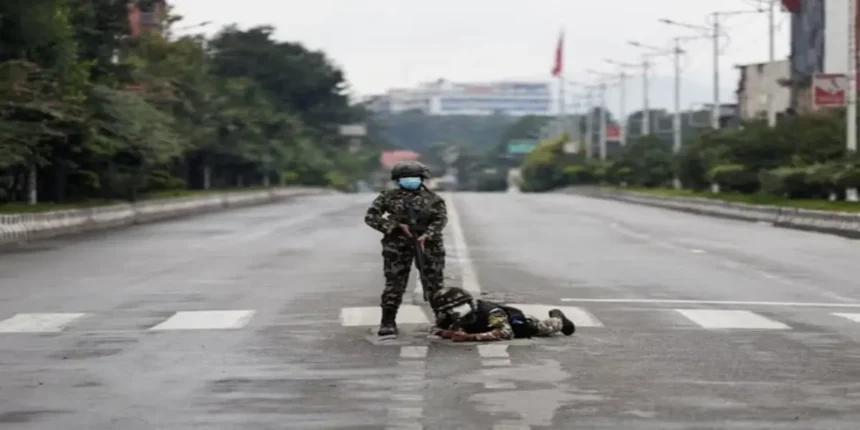Nepal’s army resumed talks on Thursday with young “Gen Z” protesters to agree on an interim leader after violent demonstrations that killed 30 people and forced the prime minister to resign.
Read more: Trump Hints at Big Tariffs on Russian Oil
The capital remained tense but quiet, with soldiers patrolling the streets following the country’s worst unrest in decades. The protests were triggered by a social media ban, later rolled back, but only after security forces used tear gas and rubber bullets, leaving 19 people dead in the first wave of violence.
Former Chief Justice Sushila Karki, Nepal’s first woman to hold the post in 2016, has emerged as the frontrunner for interim leader. Protest organizers and supporters praised her honesty and fearlessness, though discussions continued to resolve differences over her nomination. Karki, 73, has signaled her consent, but constitutional steps are still being explored.
Shops, schools, and colleges stayed closed in Kathmandu and nearby areas, though some essential services resumed. Prohibitory orders remain in place, and while international flights continue, more than 1,000 people have been reported injured.
Read more: Foreign Aid Dispute Deepens Clash Between Congress and Trump
The demonstrations, largely led by young citizens, reflect growing frustration over corruption and lack of economic opportunities in the Himalayan nation.


